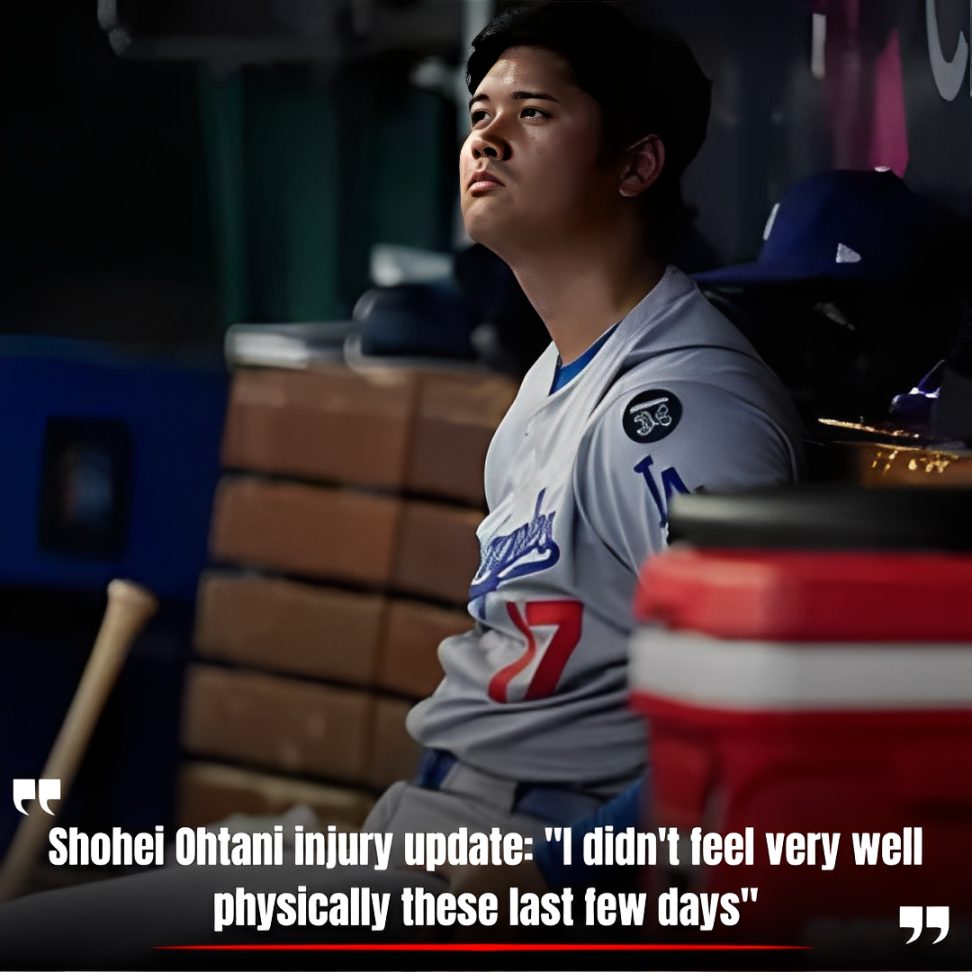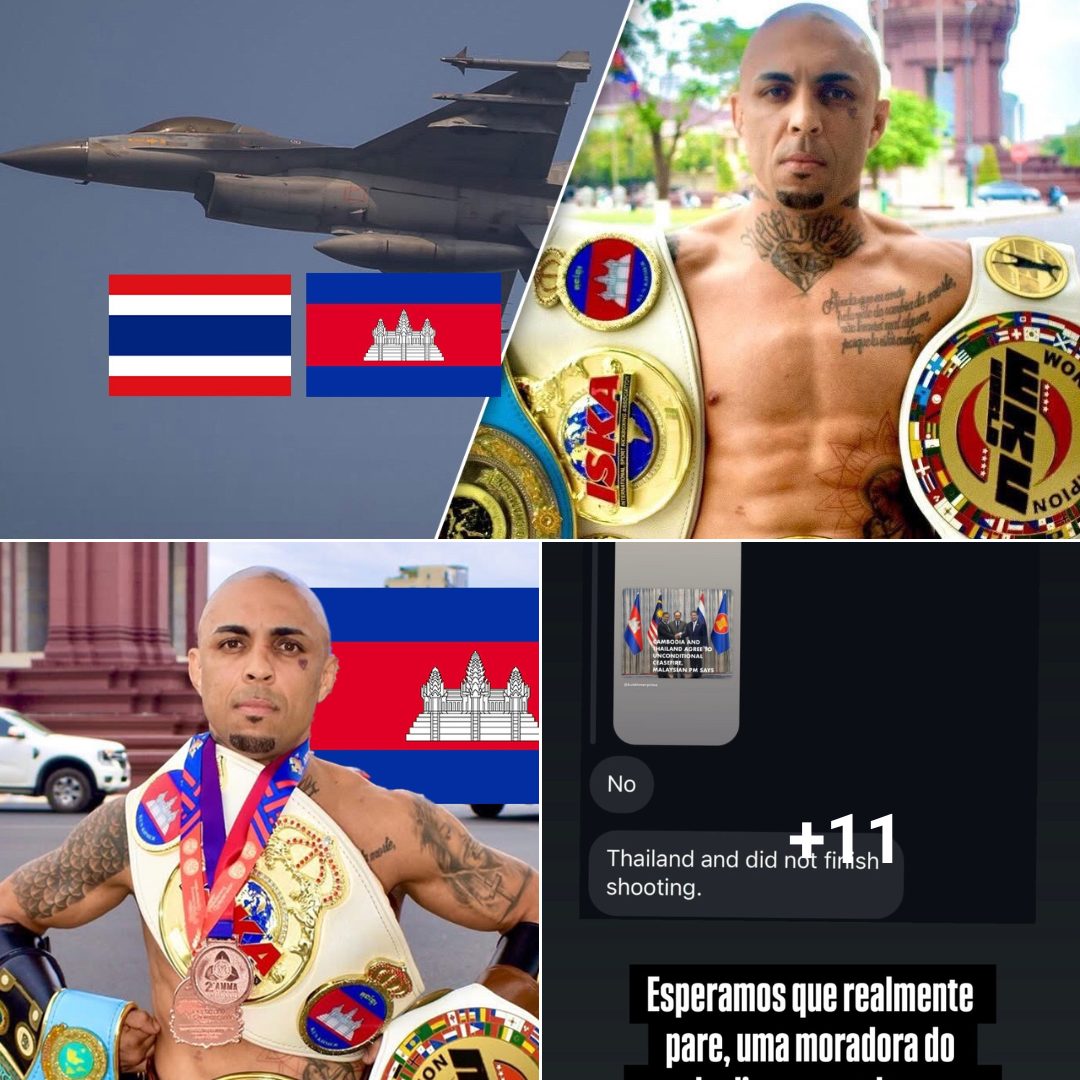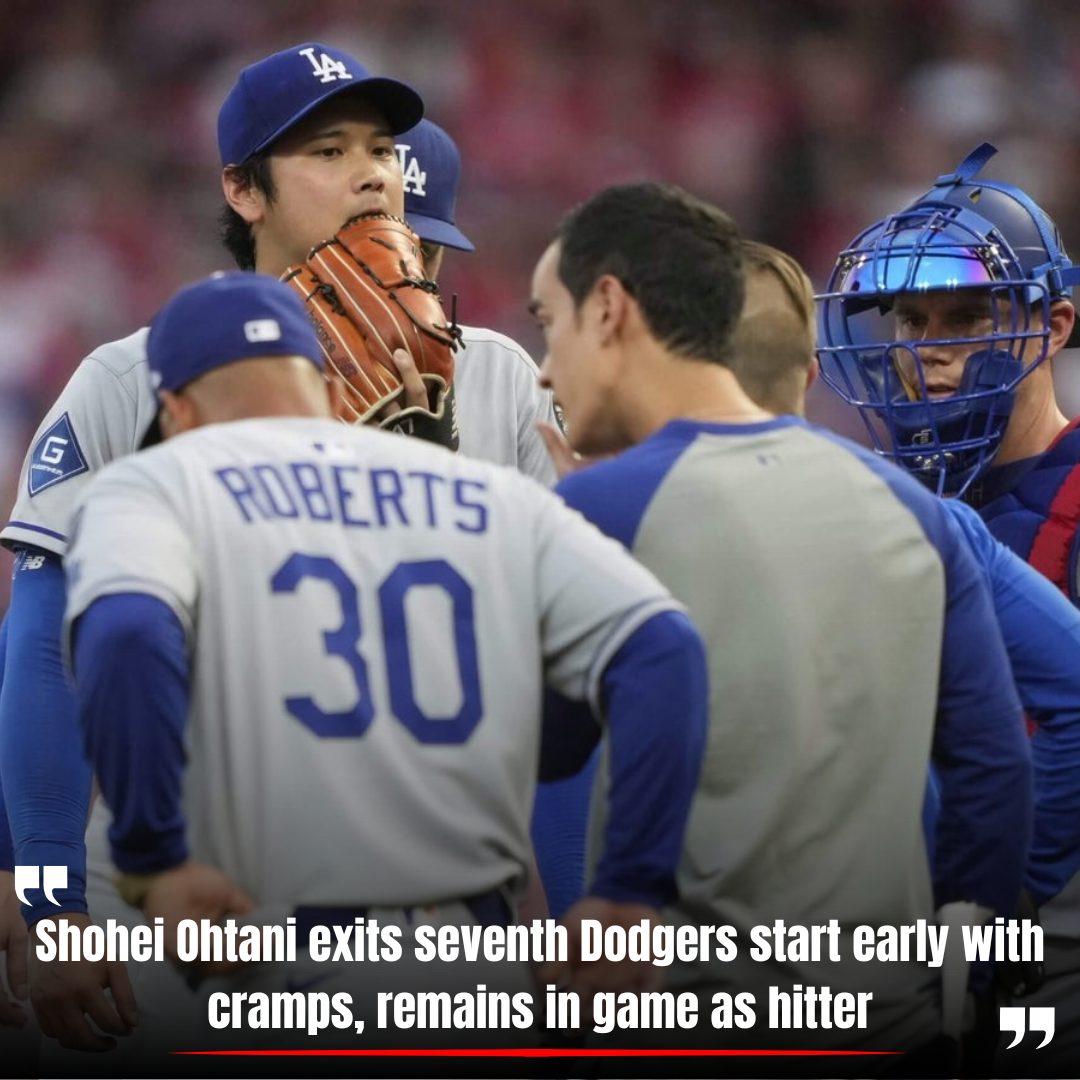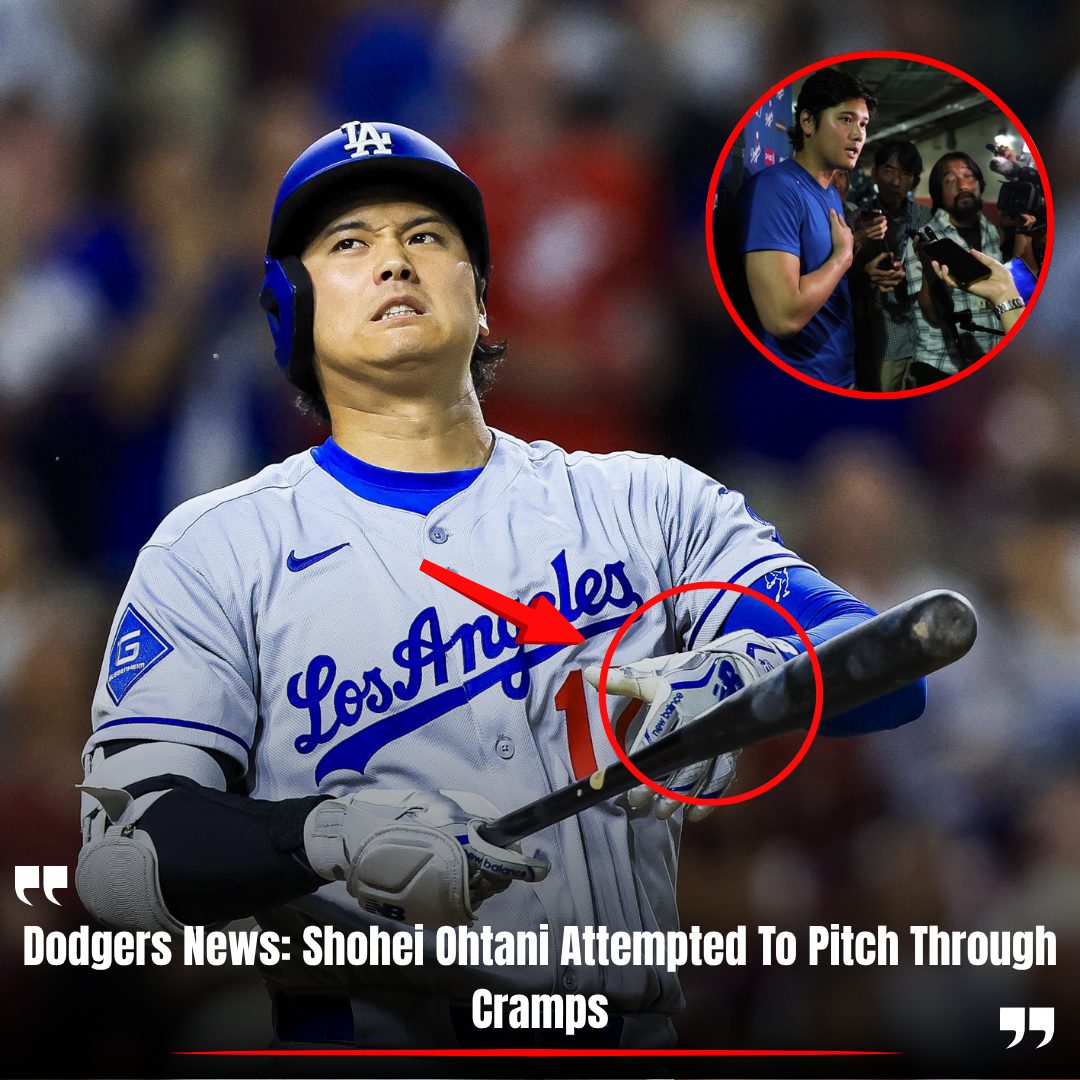After years of redefining what’s possible in baseball, Shohei Ohtani is setting a new standard off the field for Japanese dads.
Despite recent efforts by the government, it’s still uncommon for fathers in Japan to take 𝘤𝘩𝘪𝘭𝘥 care leave — men are entitled to up to 52 weeks of paid paternity leave, but only 30.1% of male employees took any in fiscal 2023 — and it’s the same in the world of pro sports.

Recently, the Japanese media and the internet went wild with excitement when the Los Angeles Dodgers star went on MLB’s paternity list for the 𝐛𝐢𝐫𝐭𝐡 of his daughter, even giving him a new nickname, “Papa-tani.” Dodgers manager Dave Roberts joked about Ohtani’s “dad strength,” a term that’s been making the rounds on social media.
MLB is the only major sports league in North America that guarantees paternity leave to its players.
Three days of paternity leave has been part of MLB’s collective bargaining agreement with the players’ union since 2011. If a player needs more time off, he can be placed on the restricted list. Ohtani landed on the paternity list on April 18 and was reinstated two days later.
It has become common to see MLB players take advantage of the policy, with 162 players put on the paternity list between 2022 and 2024, according to baseball statistics website FanGraphs.
Current and former Japanese MLB players Norichika Aoki, Munenori Kawasaki, Kenta Maeda, Masahiro Tanaka, Yu Darvish and Seiya Suzuki have all been on the paternity list at one time or another.
While Ohtani’s news was a reminder that paternity leave is nonexistent in NPB and other leagues in Japan, a wave of athlete dads are taking the opportunity to push for policies that allow them to take time off work to care for new𝐛𝐨𝐫𝐧 𝘤𝘩𝘪𝘭𝘥ren and support their partners.
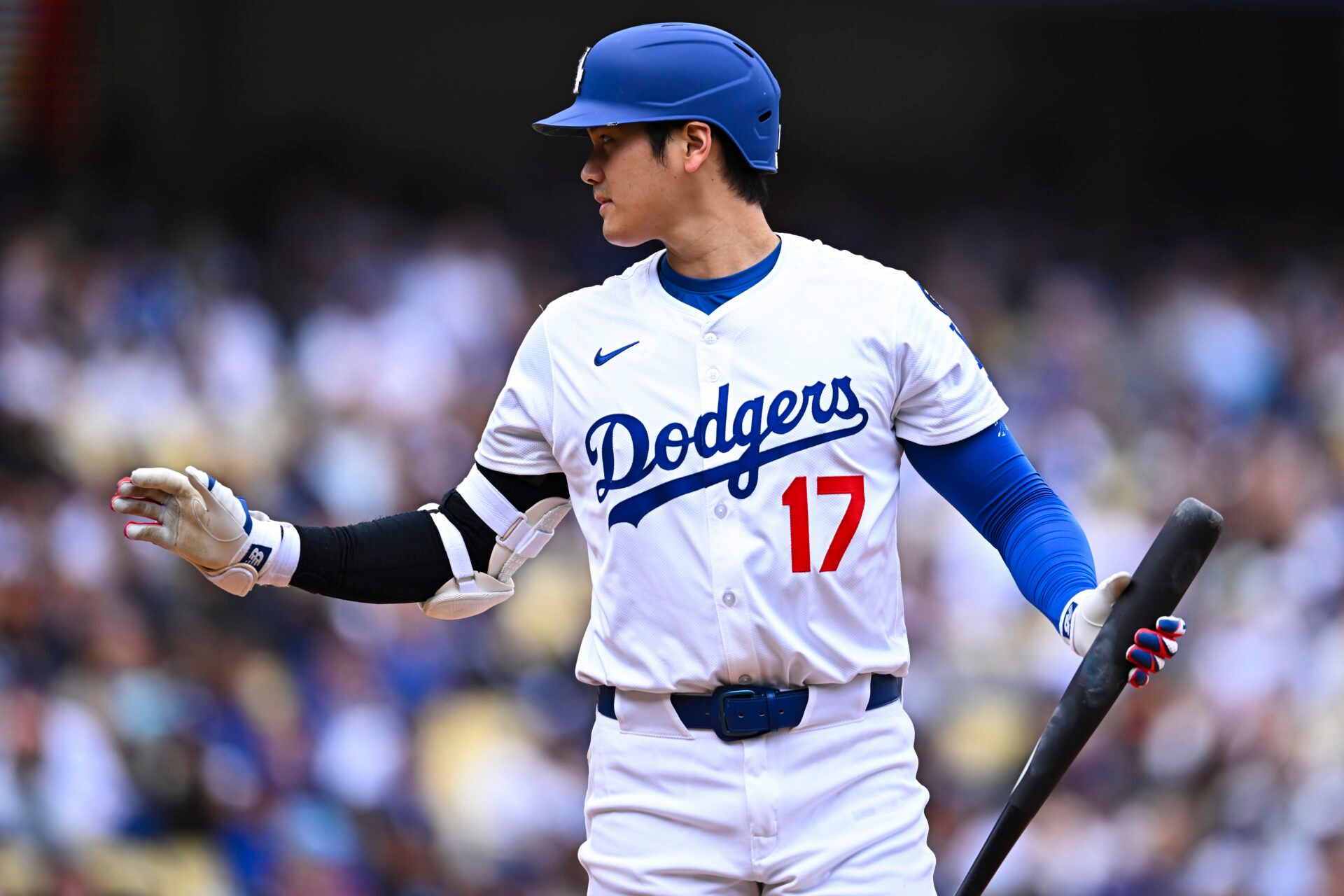
Striker Ken Tokura, who plays for Tochigi City FC in the J. League’s third division, is one of them.
Tokura reacted to the Ohtani news on his X account by calling on the domestic soccer league to create a similar paternity leave system.
“My daughter happened to be 𝐛𝐨𝐫𝐧 on my day off, so I got to be in the delivery room, but if that wasn’t the case I probably would have had to deal with lots of emotions,” Tokura wrote. “This is why the league needs to set up a ‘paternity list’ policy and a culture that encourages players to spend quality time with family.”
Ohtani’s use of paternity leave appears to be changing attitudes everywhere.
The Japan Professional Baseball Players Association said on April 21 it would ask for paternity leave to be introduced, and later in the week, Chiba Lotte Marines manager Masato Yoshii revealed that pitcher Shuta Ishikawa was deactivated from the top team roster for the same reason that Ohtani missed two games against the Texas Rangers.
“It’s like the trendy paternity list thing. He’ll be back soon,” Yoshii told reporters.
Japan Rugby League One officials are also acknowledging the need to develop clear family-centered policies after the recent case of Jack Cornelson, lock for the Saitama Panasonic Wild Knights, who nearly missed the 𝐛𝐢𝐫𝐭𝐡 of his 𝘤𝘩𝘪𝘭𝘥 because there are no explicit written policies that support or define paternity leave.
While paternity leave continues to be a perk that only a portion of male athletes receive, one Japanese man has taken steps to make it a reality for every dad athlete in his company.
Yusuke Nishiyama, who runs for Toyota’s corporate marathon team and represented Japan at the 2022 World Athletics Championships in Oregon, is currently taking a month of paternity leave using the carmaker’s new policy that gives athletes flexibility to play sports and care for their young 𝘤𝘩𝘪𝘭𝘥ren. The 30-year-old and his wife welcomed their second 𝘤𝘩𝘪𝘭𝘥 in December.
“There was no paternity leave for sports club members when my first 𝘤𝘩𝘪𝘭𝘥 was 𝐛𝐨𝐫𝐧 two years ago,” Nishiyama said, as he held his crying 𝘤𝘩𝘪𝘭𝘥 during an online interview. “I started negotiating a paternity leave plan with HR, and it was formalized before our second was 𝐛𝐨𝐫𝐧. I don’t get paid while I’m on leave, but I’m allowed to enter competitions, so there’s no negative impact on my career. I’m the first person to use this leave, but I hope others will follow.”
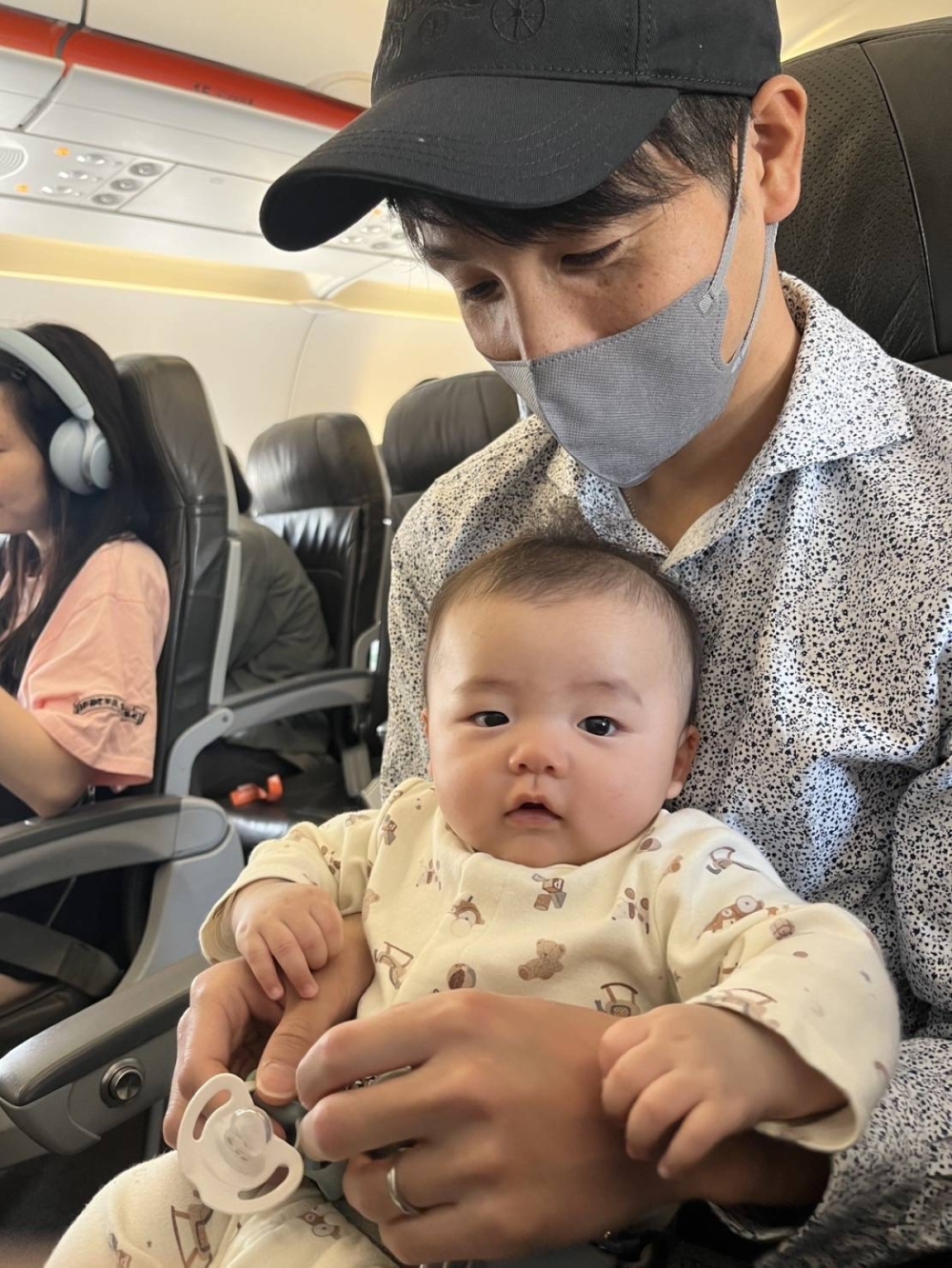
To help break the stigma around sporting dads putting family first, Nishiyama announced his paternity leave on X, and he says the reaction has been overwhelmingly positive.
“I wanted to send the message that it’s important to take action. My post got a lot of likes and retweets, even from people who aren’t followers, and an Olympian shared it too. It’s also great that an influential figure like Ohtani is throwing a spotlight on the issue,” said Nishiyama, who returns to work on May 6.
“Many athletes talk about missing important milestones in their 𝘤𝘩𝘪𝘭𝘥ren’s lives due to their demanding schedules, but they’re missing out on many small moments too. Taking paternity leave and acting as the primary caregiver can lead to a deeper appreciation for your wife and a stronger family bond.”
“If the Dodgers can manage a few games without its superstar player Ohtani, there’s no reason other teams, regardless of sport, can’t let every new father take time off.”
